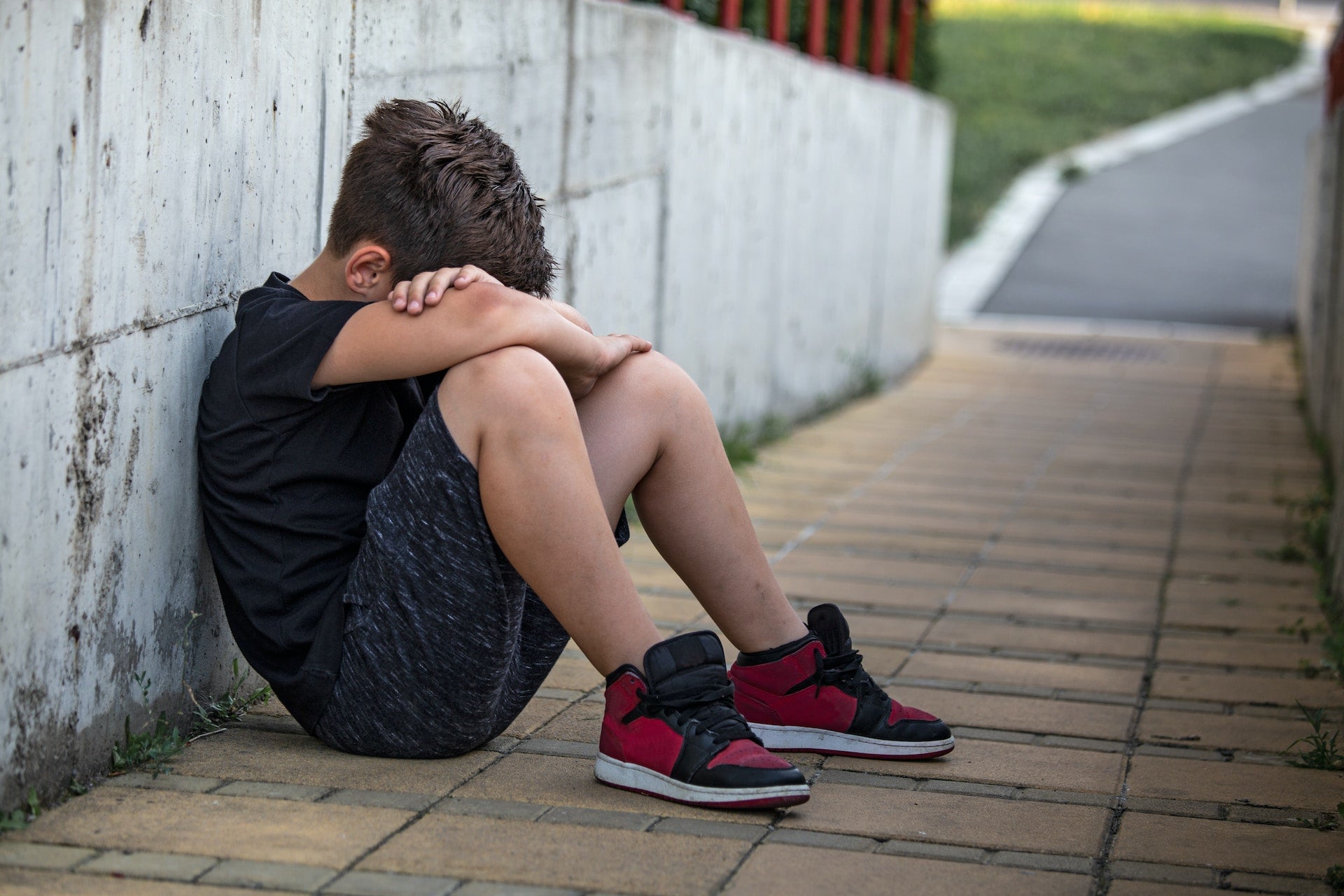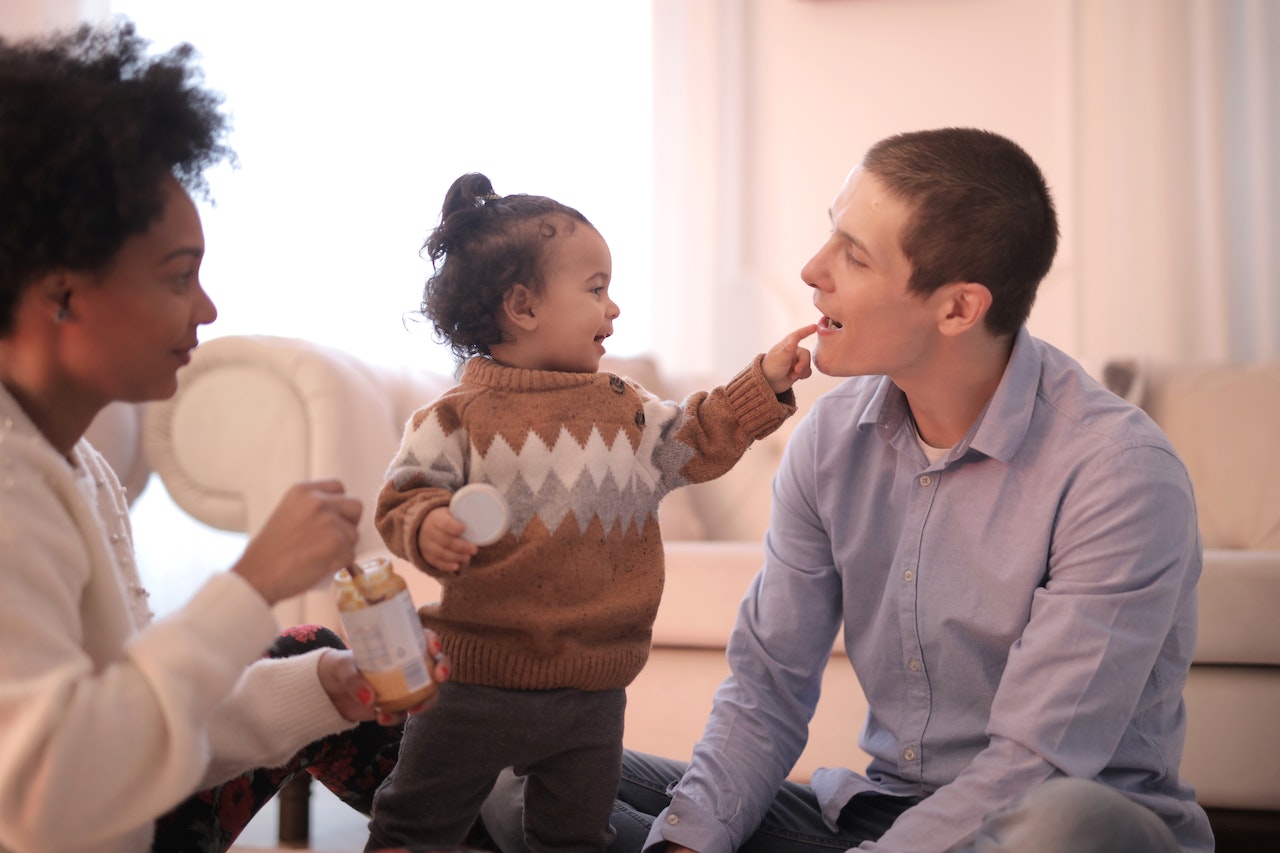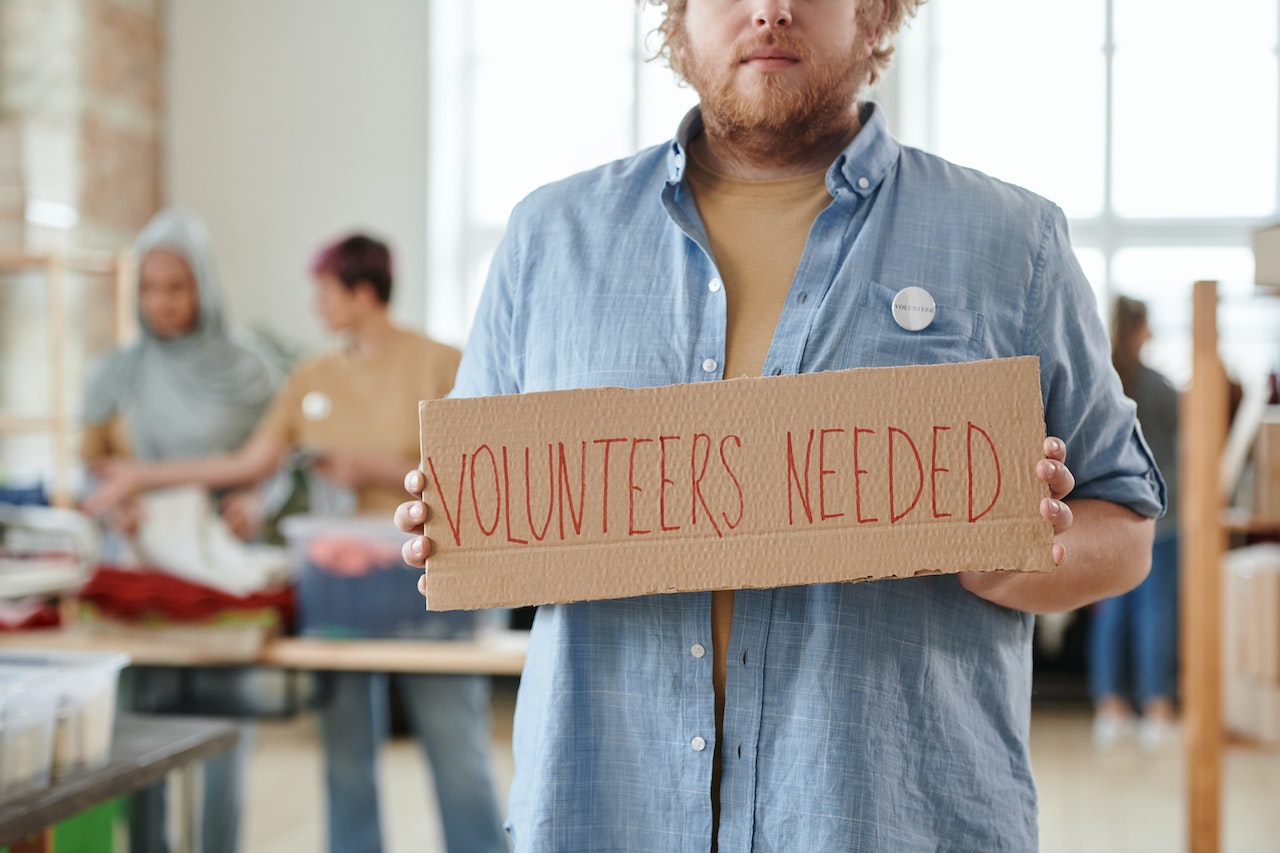10 quotes about how people are dealing with hygiene poverty
It’s alarming to learn about the personal hygiene crisis facing millions of people in America. The impact families are feeling from a lack of personal hygiene products is increasingly devastating.
Food stamps do not cover basic hygiene products. That is stunning to comprehend. People who cannot afford food in our communities are being asked to somehow find ways to purchase soap, shampoo, and laundry detergent.
This proves to be impossible. The BBC News asked Hygiene Bank chief executive Ruth Brock for perspective on how people are dealing with this crisis. She described the everyday decisions people are making to survive.
"The truth is, by the time you're not switching on your heating. Or you're going to a food bank for food essentials. You've stopped buying essential hygiene products weeks before."
- Ruth Brock, Hygiene Bank CEO
Brock's team published a powerful guide further explaining this experience.
The Hygiene Bank’s research noted that three in five (61%) people experiencing hygiene poverty say it has negatively impacted their mental health.
People also said they felt ashamed or embarrassed without basic toiletries or hygiene items.
"I always prioritize bills first, then food second, then hygiene products last. I used to go out and see my friends, but I got anxiety about how I looked and smelt.
“So I became a recluse; I was so upset that my life had changed."
- Person Suffering from Hygiene Crisis, The Hygiene Bank
The Century Foundation published an article that explains the lack of support for low-income families ravaged by the lack of access to hygiene products.
"There are many public programs to help families with health care, food, and housing. There are none to help with hygiene products.
“We are pointing out that people who cannot afford everything from shampoo to baby wipes have no source of public help.
“We are also pointing out that this is a disaster."
- Goldblum & Shaddox, American’s Unspoken Hygiene Crisis
Feeding America provided a voice to this experience as well as context. Low-income families explained everyday decisions they have to make without enough money to buy personal hygiene products.
"We can only do laundry once a month. And to do dishes, you'll have to sit there and use shampoo sometimes.
"If you don't have deodorant, you can put baking soda under your arms."
- Family Suffering from Hygiene Crisis, Feeding America
People also described being forced to take their families to public bathrooms to access hygiene products.
"You can just brush your teeth with water if it comes down to it because we've been homeless before.
"I had to use hygiene products in public bathrooms to freshen up and not make us look homeless."
- People Suffering from Hygiene Crisis, Feeding America
Help People Thrive, Not Just Survive
All individuals and families should have access to essential hygiene items that help them feel clean. We should be providing basic hygiene products to everyone in our community.
These personal hygiene items include:
- Soap
- Shampoo
- Diapers
- Deodorant
- Toilet paper
- Feminine products
Someone struggling with hygiene poverty may be unable to wash their hair due to a lack of shampoo. They may reuse feminine products or diapers because they can't afford fresh ones.
Their clothes may smell or be visibly dirty due to their inability to wash them. They may share toothbrushes with others because they can’t afford one for each person in their household.
Let’s work together to help put an end to all of this.
Stop Hygiene Poverty
Hygiene poverty is a person or family's inability to afford essential hygiene items. Donate to help buy personal hygiene products for people who need them.
You can also help raise awareness for this need by sharing this article on social media or emailing it to a friend. Thank you!









Leave a comment